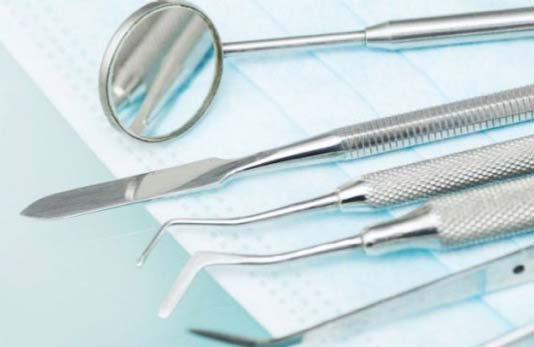How fluoridated water improves dental health

Fluoridated water is credited as one of the reasons why Americans' dental health has improved over the years. Drinking fluoridated water keeps teeth strong and reduces cavities by about 25% in children and adults, according to the Centers for Disease Control and Prevention (CDC).
Fluoridated water protects against cavities and tooth root decay. It also helps remineralize teeth. Thanks to these preventive benefits, public water fluoridation is considered the most efficient and cost-effective dental caries prevention measure available.
More than 207 million United States residents, about 63% of the population, drink fluoridated water, most from public water supplies with sodium fluoride added artificially. A small percentage get water from private wells with naturally fluoridated water.
Fluoride: How much is enough?
The U.S. Public Health Service has determined that the optimal amount of fluoride in water is 0.7 parts per million (ppm) or mg per liter. The limit allowed by the EPA in public water is 4 ppm.
Fluoridated water adhering to these standards has been scientifically established as safe for drinking. Water fluoridation is endorsed by nearly every major health and safety-related organization. Fluoridation of community water supplies is the most effective public health measure to prevent tooth decay and to improve oral health, according to the CDC.
The annual cost to fluoridate water starts at about 50 cents per person per year. The CDC estimates that every dollar spent on water fluoridation saves between $7 and $42 in oral health treatment costs.
One reason for concern is that people are drinking more bottled water, which contains minimal amounts of fluoride. In-home filtration systems may also eliminate the fluoride in tap water.
If you have young children or infants, take care that they are getting enough fluoride. Consult your dentist about the possible need for daily supplements or a change in diet.
Last updated March 8, 2022
Related articles:
The oral health information on this website is intended for educational purposes only. Always consult a licensed dentist or other qualified health care professional for any questions concerning your oral health.


